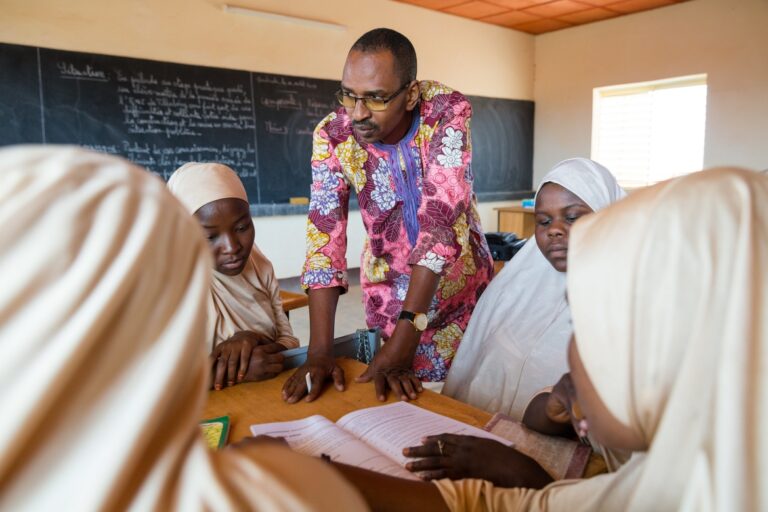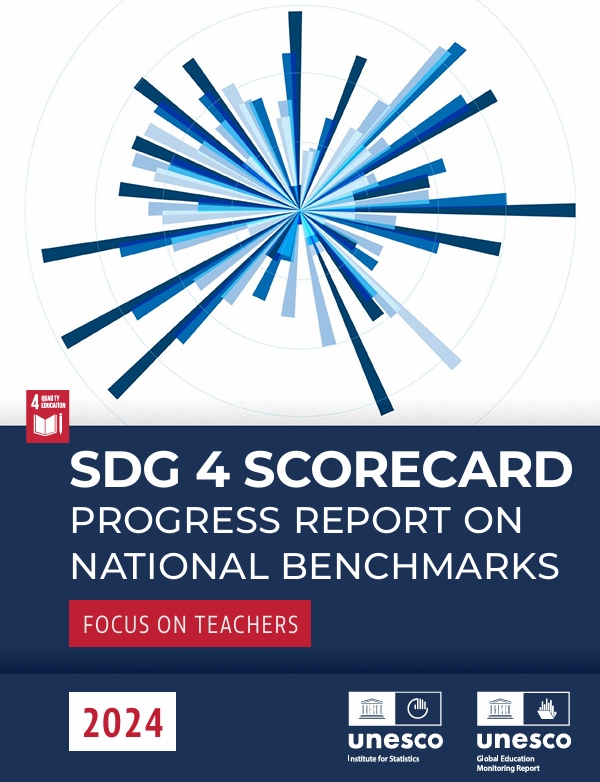Story Source: Forbes ~ Go to Original Article
It’s not uncommon for public school teachers to experience burnout or feel demoralized by the weight of their work. Many leave the classroom and the education profession behind to pursue other careers. In fact, U.S. Labor Department data reveal that public school educators are quitting their jobs at record-breaking rates.
But some public school teachers wonder if conventional schooling may be the root of their discontent, not education itself. They are frustrated by standardized curriculum expectations, more testing, an emphasis on classroom compliance and the antagonistic relationships between teachers and students that a rigid schooling environment can cultivate. Rather than abandoning their passion for education, some of these teachers are building alternatives to school outside of the dominant system that nurture authentic teaching and learning relationships…………...……………………..






